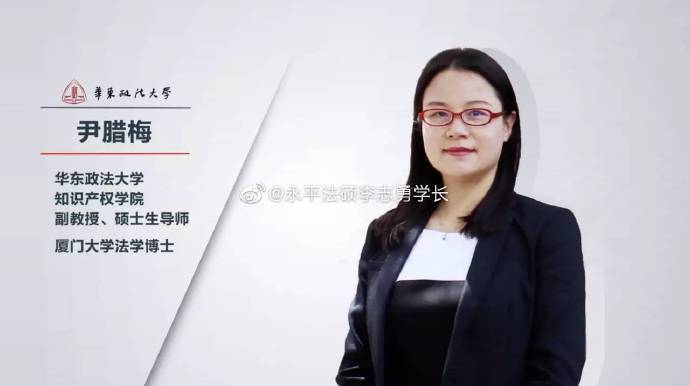Intellectual Property Law Terminology in English
Intellectual Property (IP) law is a complex field that deals with the legal rights and protections of creations of the mind, such as inventions, literary and artistic works, designs, symbols, names, and images used in commerce. Here are some key terminologies in IP law in English:

- Patent: A government authority or license conferring a right or title for a set period, especially the sole right to exclude others from making, using, or selling an invention.
- Patent Infringement: The unauthorized making, using, selling, or importing of a patented invention.
- Patentability: The criteria that an invention must meet in order to be eligible for patent protection.
- Copyright: The exclusive legal right to reproduce, publish, sell, or distribute the matter and form of something (such as a literary, musical, or artistic work).
- Fair Use: The doctrine that brief excerpts of copyright material may, under certain circumstances, be quoted verbatim for purposes such as criticism, news reporting, teaching, and research, without the need for permission from or payment to the copyright holder.
- Public Domain: Works that are not protected by copyright and may be freely used by the public.
- Trademark: A symbol, word, or words legally registered or established by use as representing a company or product.
- Trademark Infringement: The unauthorized use of a trademark or service mark on or in connection with goods and/or services in a manner that is likely to cause confusion, deception, or mistake about the source of the goods and/or services.
- Trade Dress: The visual appearance of a product or its packaging that signifies the source of the product to consumers.
- Trade Secret: Information that is not generally known to the public and that provides a competitive advantage to its holder.
- Trade Secret Misappropriation: The unauthorized use or disclosure of a trade secret.
- Non-Disclosure Agreement (NDA): A legal contract between at least two parties that outlines confidential material, knowledge, or information that the parties wish to share with one another for certain purposes, but restricts access to or by third parties.
- License: A legal agreement giving someone permission to use a property, such as a patent, trademark, or copyright, under certain conditions.
- Assignment: The transfer of ownership of intellectual property rights from one party to another.
- Exclusive License: A license that grants exclusive rights to the licensee and prohibits the licensor from granting similar rights to others.
Understanding these key terminologies in intellectual property law is essential for creators, inventors, businesses, and legal professionals to protect their rights and innovations. If you have any specific questions or need further clarification on any of these terms, feel free to ask!
